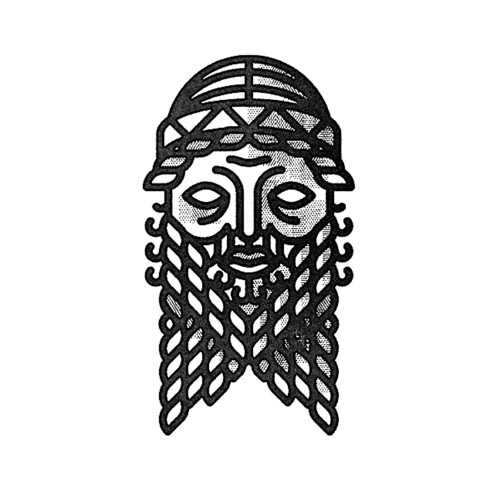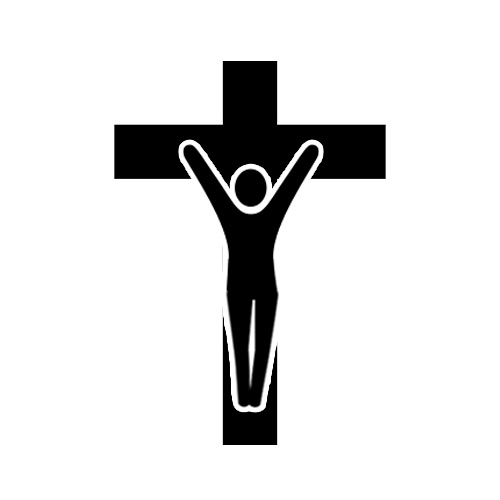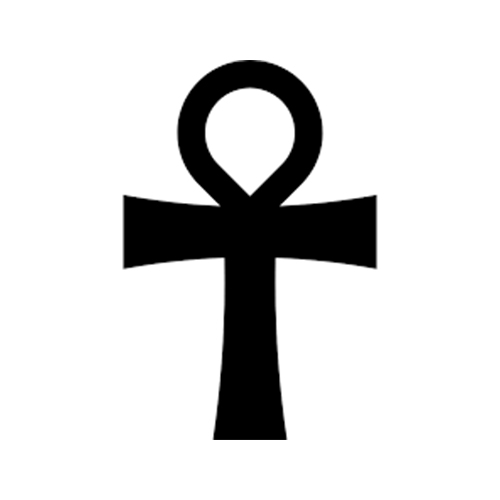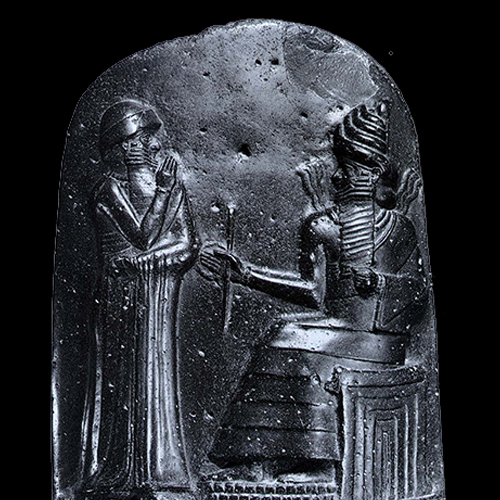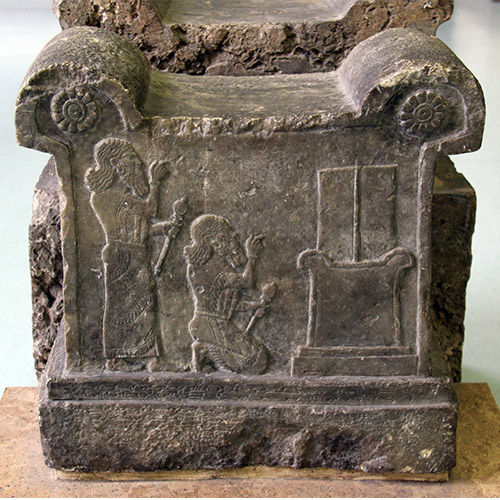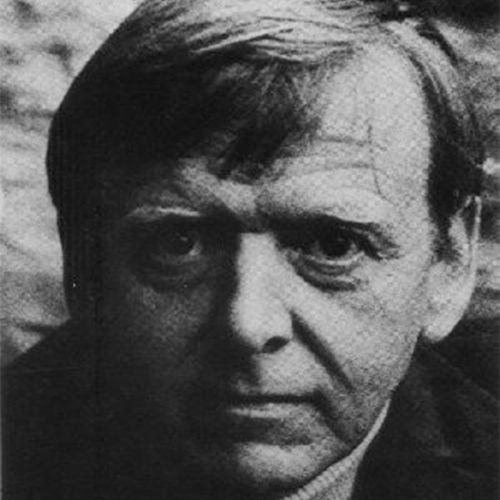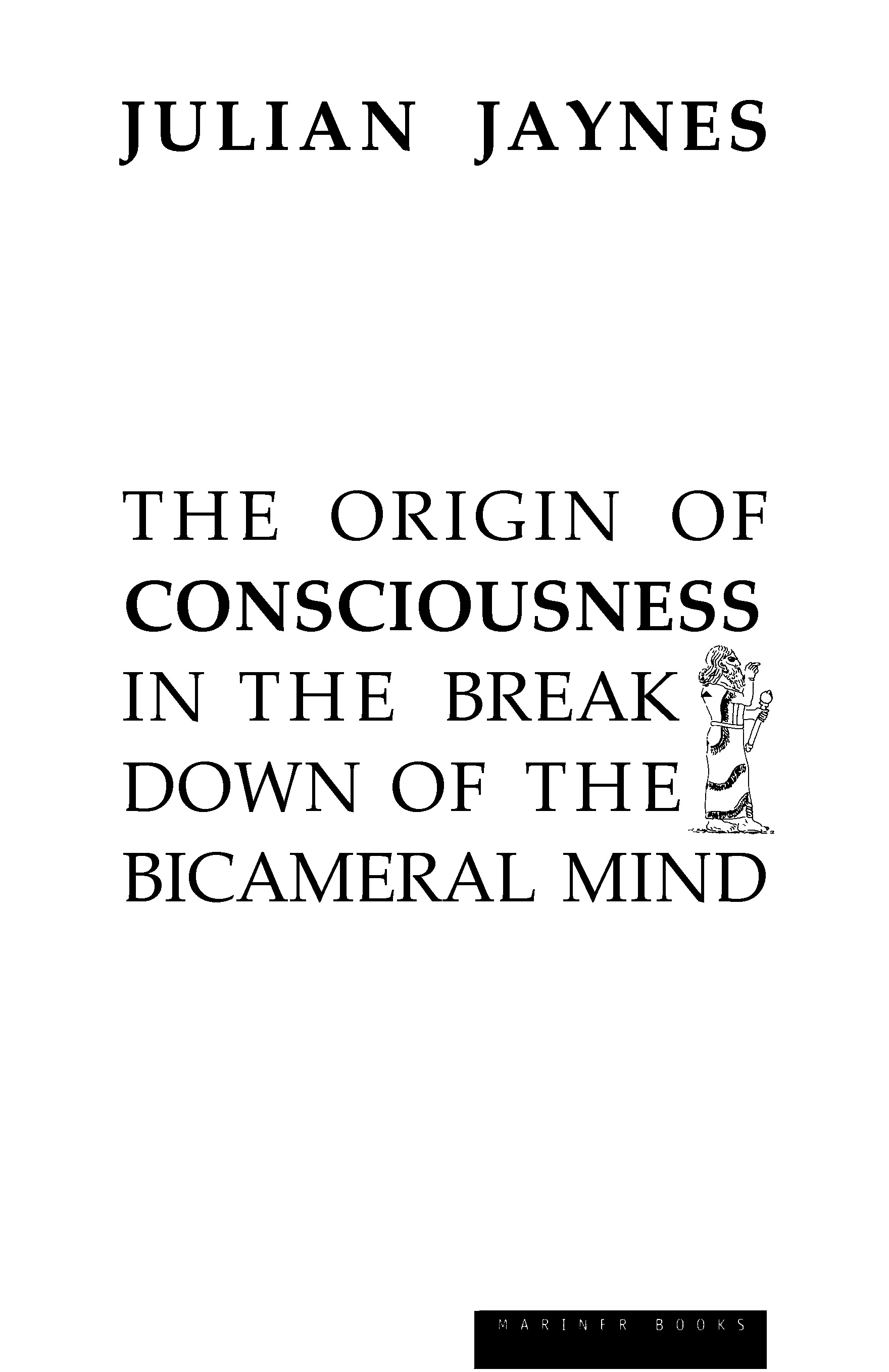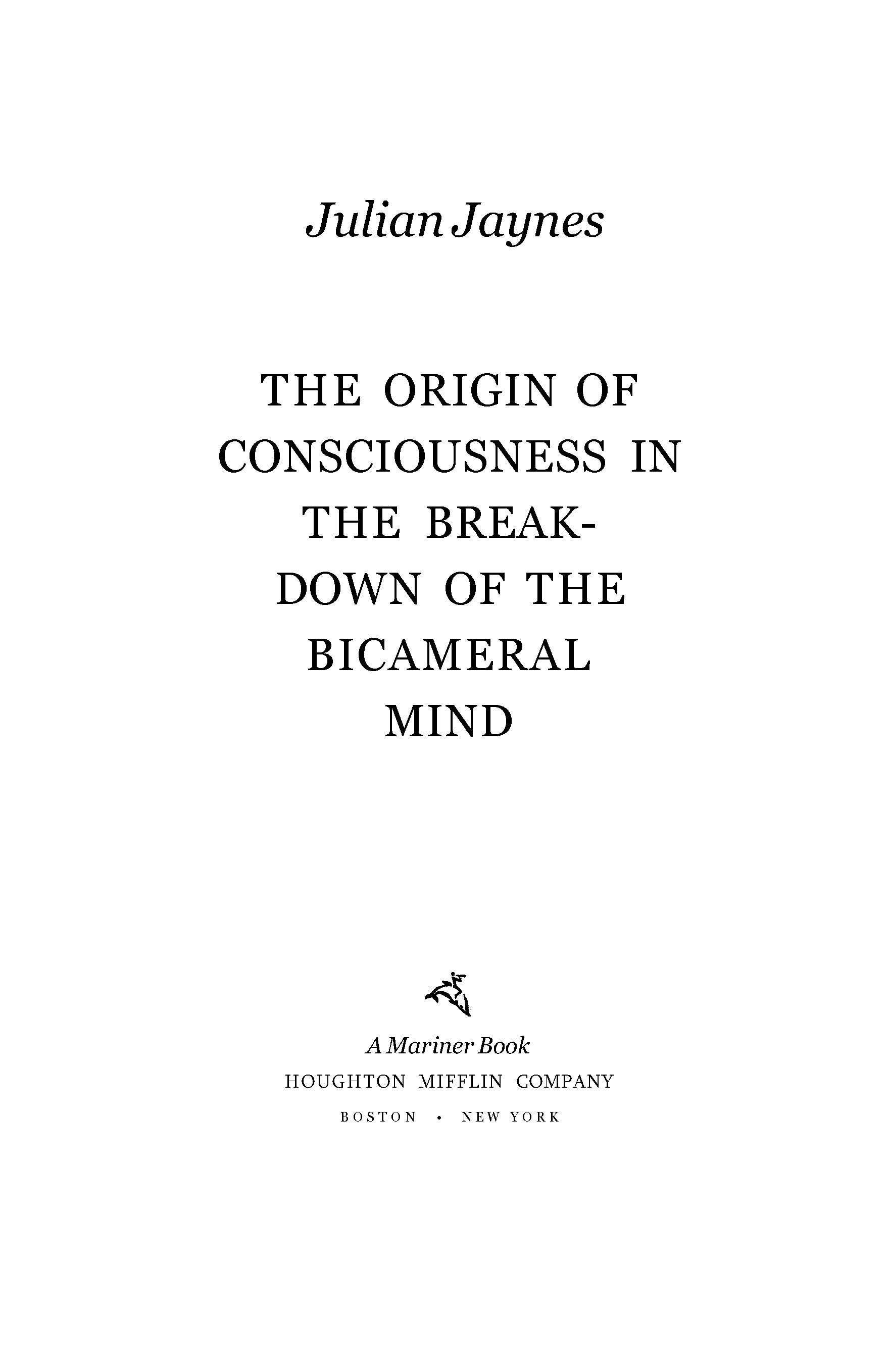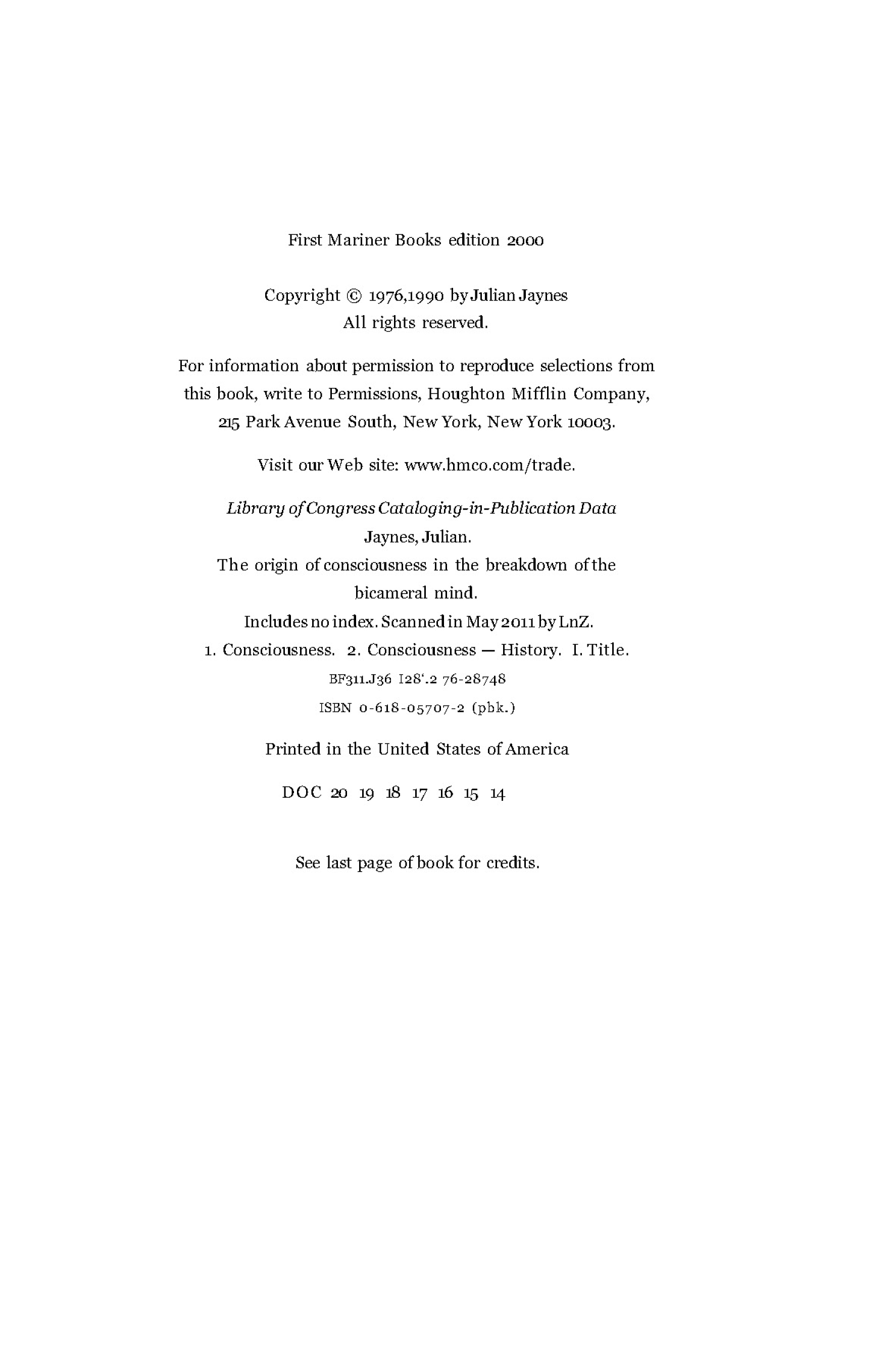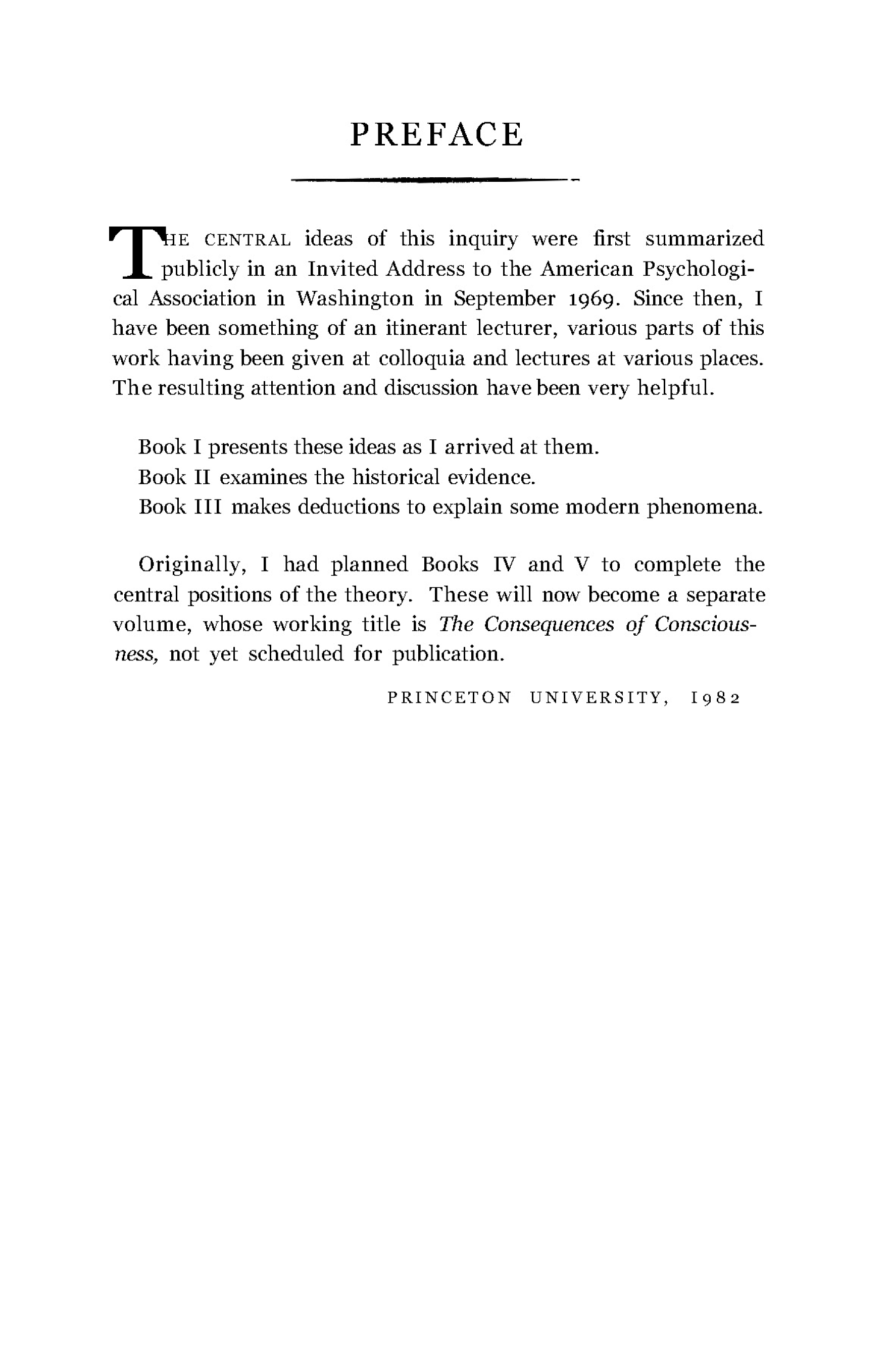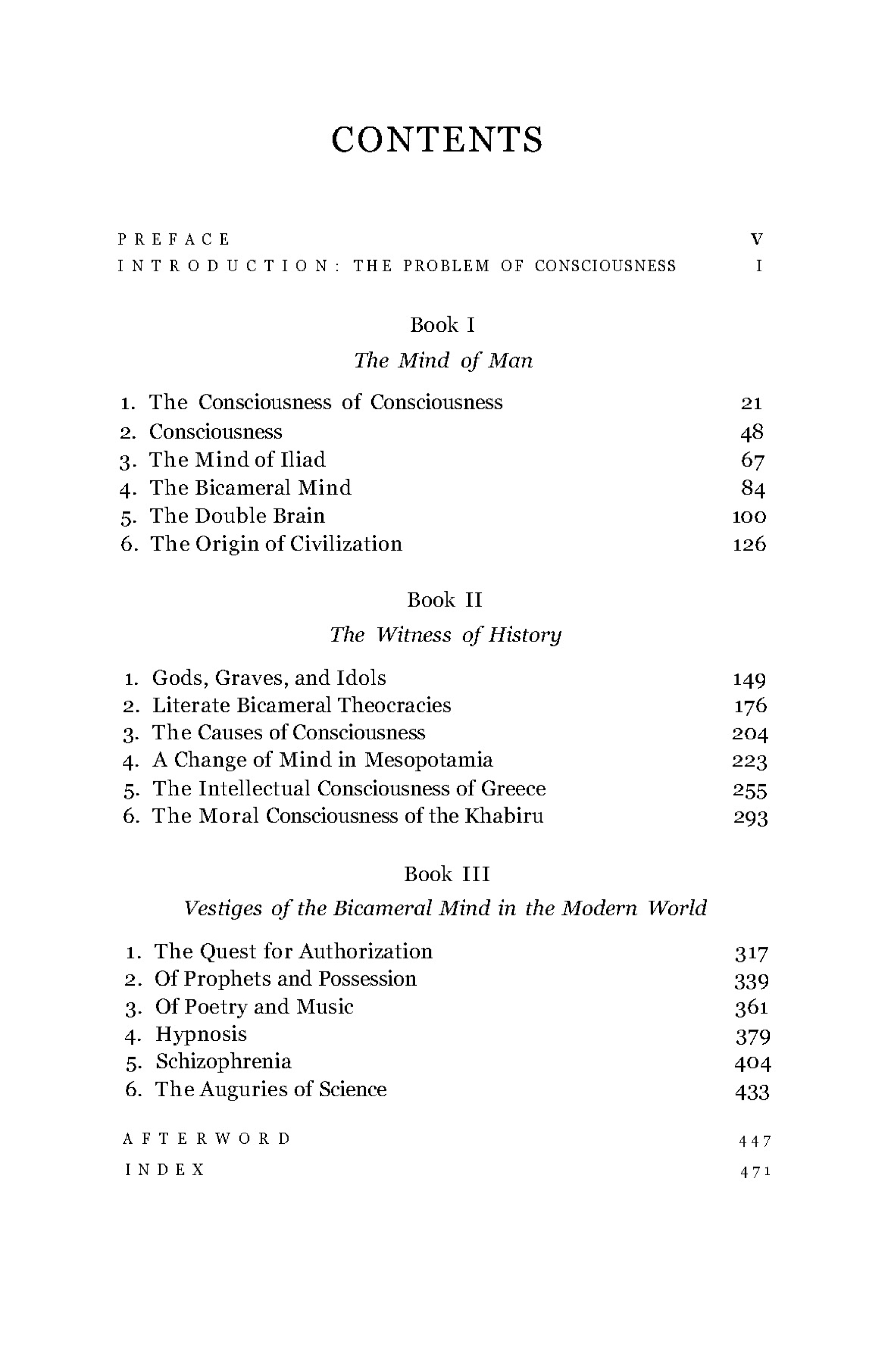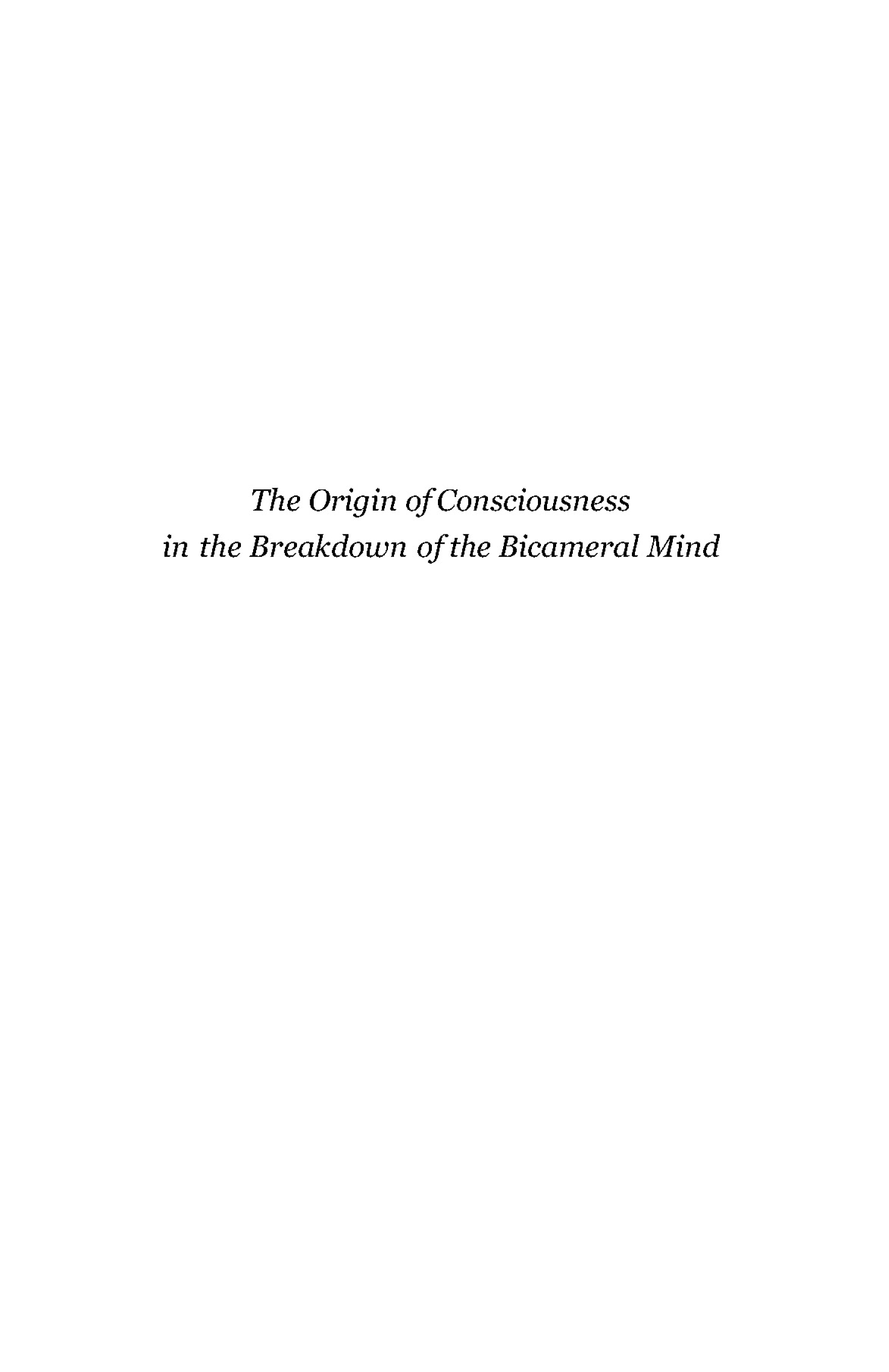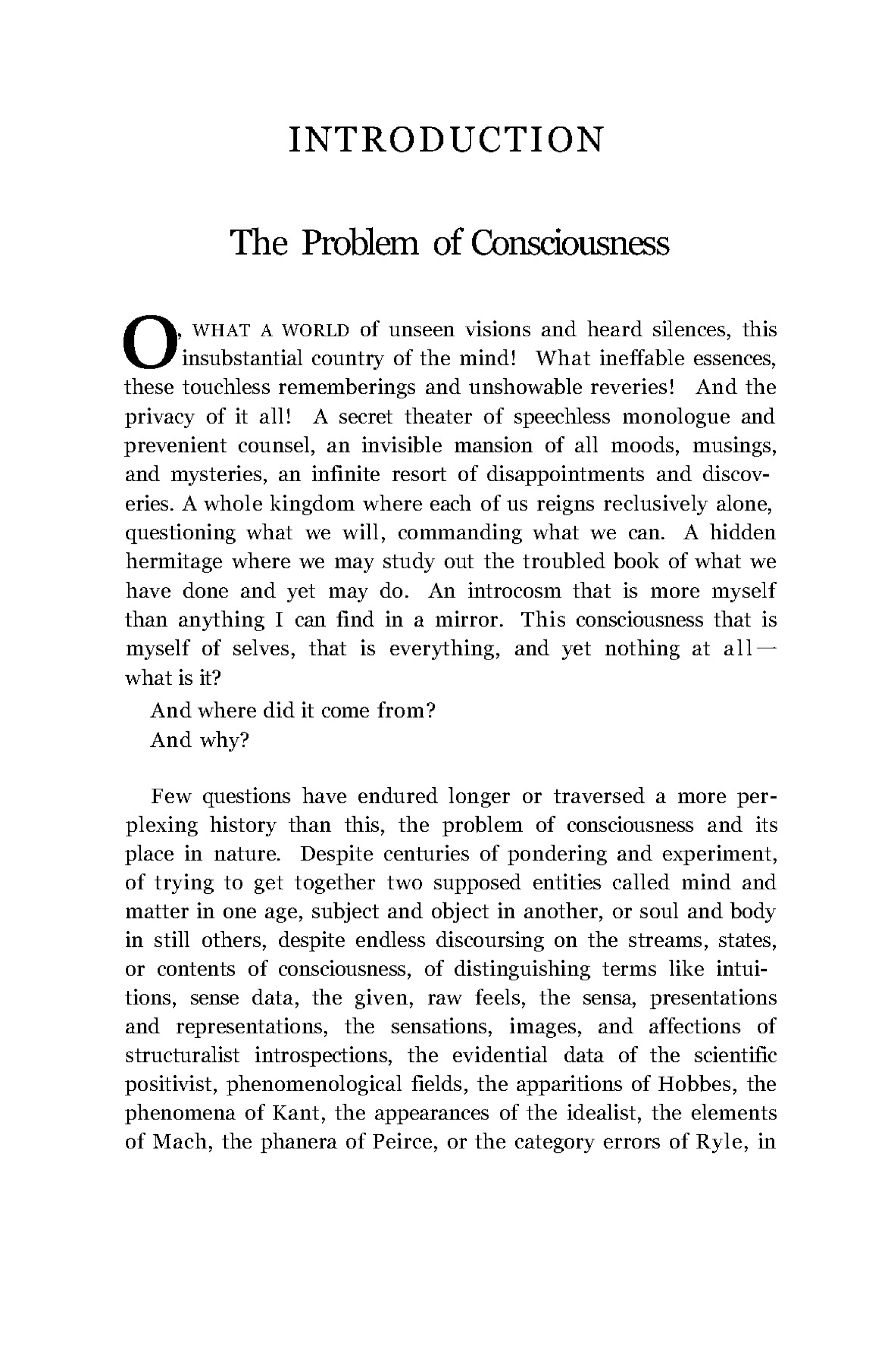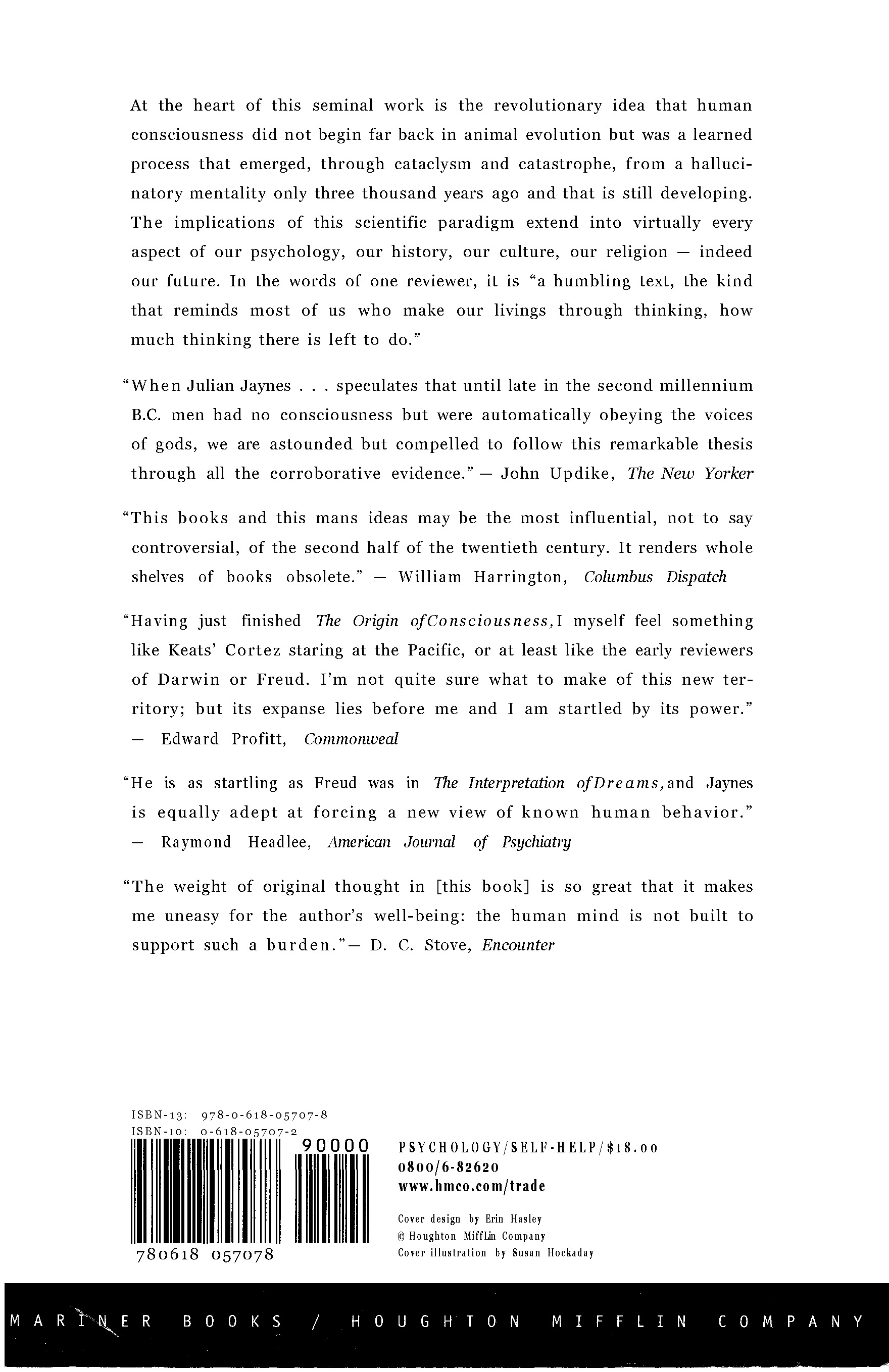About
In his groundbreaking 1976 work, psychologist Julian Jaynes argued that as early as 1,000 BCE, man was not aware of himself. Instead, one side of his brain exhibited executive control through visual and auditory hallucinations during stressful situations. According to Jaynes, man thought that these were the voices of gods. As humans interacted with one another in difficult periods of migration, man became aware of himself and adopted the "bicameral voice" as his own, leaving man to wonder: why have the gods left us? The answer, according to the author, is that rational, subjective thought took the place of hallucinated voices.
Source: OMNIKA
At the heart of this classic, seminal book is Julian Jaynes's still-controversial thesis that human consciousness did not begin far back in animal evolution but instead is a learned process that came about only three thousand years ago and is still developing. The implications of this revolutionary scientific paradigm extend into virtually every aspect of our psychology, our history and culture, our religion -- and indeed our future.
Source: Author or Publisher
expand_more Read more Read less
Access
Read for free
External sources
Primary
Myth
Achilles, half man-half deity, fought in the Trojan war for King Agamemnon and quarreled with him over a mistress, among other things. The war featured the Trojans against the Greeks and had lots of action where Achilles was the star. Achilles' close friend Patroclus died at the hands of Hector; consequently, Achilles slaughtered him in order to get his revenge. While not listed in the Iliad, sources say that Achilles suffered his tragic fate at the end of the war by Paris when he was shot with an arrow through the achilles heel. Achilles fulfilled the hero motif of living a short life of glory.
Belief system

The ancient Greek belief system represents a collection of cultural myths and stories that date back to circa 1300-1200 BCE. Its pantheon of deities were widely known and written about in Greek texts. The Romans...
Deity
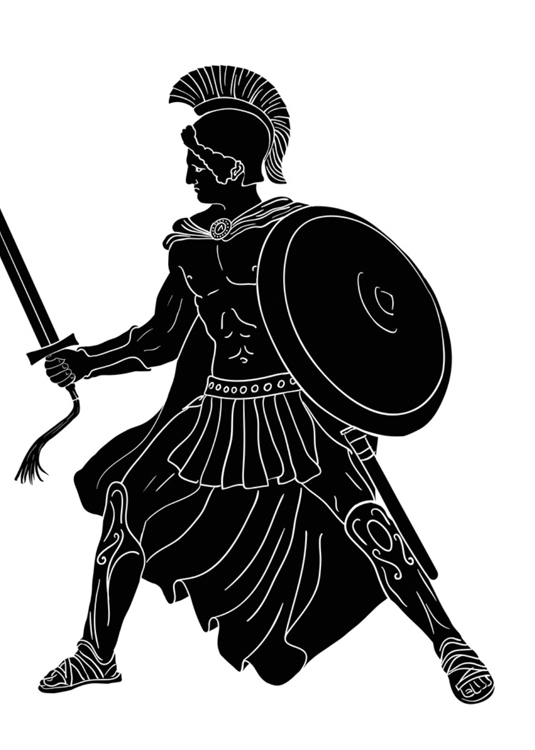
Achilles (Greek: Ἀχιλλεύς) was a Trojan war hero who was half man, half deity. Achilles is best known for his fighting skills during the Trojan war where he slayed Hector.
Myths cited
Belief systems cited
Artifacts cited
Library works
Conference paper · 2022
"‘Minds’ in ‘Homer’" is a 2021 empirical research study on mental language in the Homeric epics which argued that the Iliad has much less mental language than the Odyssey, statistically speaking. Following peer review, the findings were accepted as a conference paper for the twelfth International Conference on the Mental Lexicon in Niagara-on-the-Lake, Ontario, Canada, from October 11–14, 2022.
Book · 2022
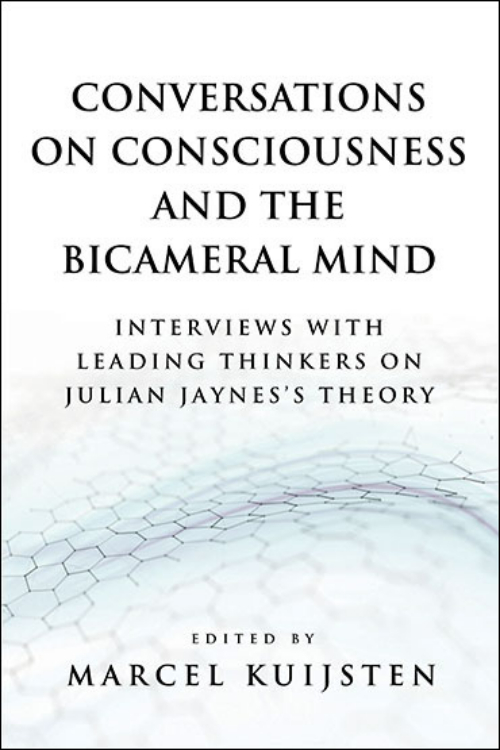
Conversations on Consciousness is a collection of transcribed interviews related to the theories of Julian Jaynes. The major focus of Jaynes' work was the origin of human consciousness. The work was compiled and edited by Marcel Kuijsten of the Julian Jaynes Society.
Book · 2019
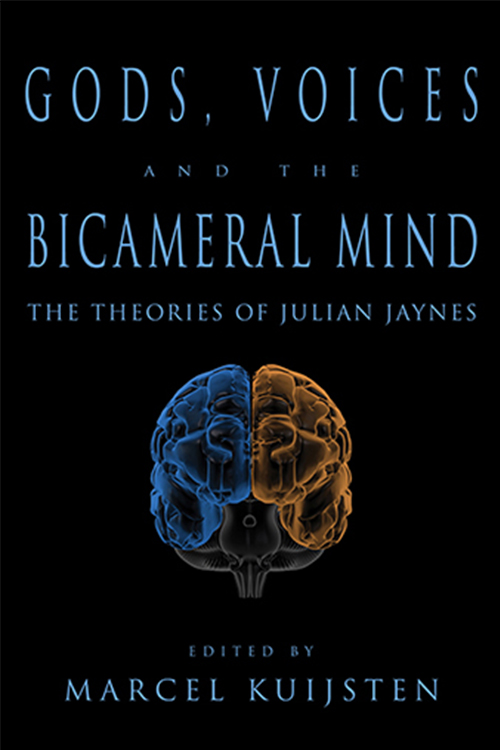
Gods, Voices, and the Bicameral Mind is a collection of works related to the theories of Julian Jaynes. The major focus of Jaynes' work was the origin of human consciousness, as evidenced by evidence from history, mythology, anthropology, and psychology. The work was edited and published by Marcel Kuijsten of the Julian Jaynes Society.
Contributor
Cite this work
ChicagoJaynes, Julian. The Origin of Consciousness in the Breakdown of the Bicameral Mind. Boston, MA: Houghton Mifflin Company, 1976.

